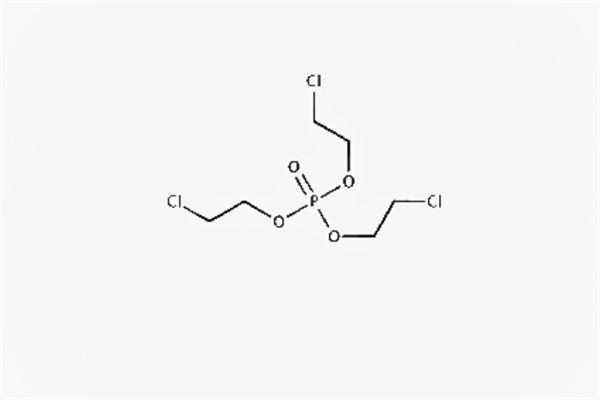
EPA identifies significant health risks in paints and coatings containing flame retardant TCEP, prompting regulatory action.
The U.S. Environmental Protection Agency (EPA) has identified unreasonable risks associated with paints and coatings
containing Tris(2-chloroethyl) phosphate (TCEP), a flame retardant and plasticizer. These risks particularly impact workers involved in manufacturing or applying TCEP-containing paints in both industrial and commercial settings, as well as those handling aerospace equipment coatings. TCEP is not chemically bonded to the materials it is mixed into, making it prone to leaching into the environment.
Key risks include:
- Inhalation and dermal exposure during the handling and spraying of TCEP-containing liquid formulations, particularly in paints and coatings for industrial and automotive applications.
- Manufacturing and application processes
involving TCEP-containing polymers, specifically in aerospace coatings
and automotive articles.
- Exposure risks are especially high for workers involved in processing two-part resins used in polyurethane resin castings and paints for aerospace.